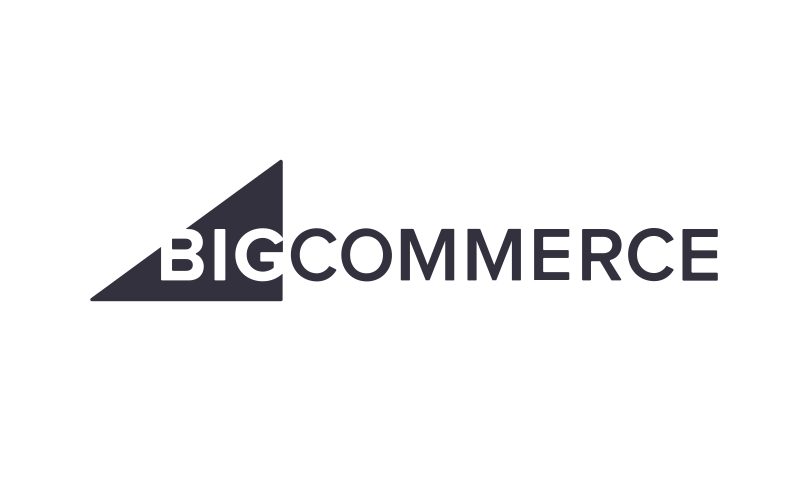The world of e-commerce is rapidly evolving, and choosing the right platform for your online store can make all the difference. Whether you’re a startup or an established business looking to expand your digital footprint, selecting the best e-commerce platform is crucial. Here’s a rundown of the top 10 e-commerce platforms in 2024, who they’re best suited for, and some frequently asked questions to guide your decision.
1. Shopify

Shopify is ideal for businesses of all sizes, from small startups to large enterprises. It’s especially suited for those who want a hassle-free setup with minimal technical knowledge. If you’re looking to sell across multiple channels (like social media, marketplaces, and your website), Shopify’s seamless integrations make it a great choice.
Key Features:
- Over 70 professional themes
- Built-in SEO tools
- 24/7 customer support
- Integrated payment processing
2. WooCommerce

If you’re already using WordPress or are comfortable with it, WooCommerce is an excellent choice. It’s perfect for those who want complete control over their website’s design and functionality. It’s also ideal for businesses that need flexibility and extensive customization options.
Key Features:
- Extensive customization options
- Supports physical and digital products
- Built-in blogging
- Large community support
3. BigCommerce

BigCommerce is great for growing businesses that need a scalable solution. It’s particularly useful for businesses with high-volume sales and those looking for built-in features without relying on too many third-party apps. If SEO is a priority, BigCommerce offers strong tools to help improve your rankings.
Key Features:
- No transaction fees
- Multi-currency support
- Advanced SEO features
- Powerful analytics and reporting tools
4. Magento (Adobe Commerce)

Magento is best suited for large enterprises and businesses with complex needs. If you have a dedicated development team and require extensive customization, scalability, and advanced features, Magento is the platform for you. It’s also a good fit for B2B businesses.
Key Features:
- Advanced personalization options
- Comprehensive inventory management
- B2B functionality
- Powerful API integrations
5. Wix eCommerce

Wix is perfect for small businesses, creatives, and entrepreneurs who need an affordable and easy-to-use platform to start selling online. If you value design flexibility and simplicity over advanced e-commerce features, Wix is a solid choice.
Key Features:
- User-friendly design tools
- Mobile-optimized templates
- Secure payment options
- Built-in marketing tools
6. Squarespace Commerce

Squarespace is ideal for creatives, designers, and small businesses that prioritize aesthetic appeal and design. If you want your online store to look stunning without spending too much time on customization, Squarespace offers beautifully designed templates that are easy to use.
Key Features:
- Beautiful, customizable templates
- Built-in SSL security
- Integrated blogging platform
- Easy-to-use inventory management
7. Volusion

Volusion is a good choice for small to mid-sized businesses looking for an all-in-one solution. It’s particularly beneficial for businesses that require easy product and inventory management and value-responsive customer support.
Key Features:
- Easy product and inventory management
- Responsive customer support
- Comprehensive analytics
- Built-in payment processing
8. Shift4Shop (formerly 3dcart)

Shift4Shop is suitable for businesses that want a cost-effective e-commerce solution with a strong feature set. If you’re looking for an affordable option with no monthly fees and you’re willing to use Shift4’s payment processing, this platform offers great value.
Key Features:
- No monthly fees with Shift4 payment processing
- Unlimited products, storage, and bandwidth
- SEO-friendly design
- Free domain registration
9. OpenCart

OpenCart is best for tech-savvy business owners or those who have access to technical support. It’s ideal for businesses that want a free, open-source solution with a high degree of customization and don’t mind handling some of the technical aspects themselves.
Key Features:
- Multi-store support from a single admin
- Extensive module marketplace
- Cost-effective solution
- User-friendly interface
10. PrestaShop

PrestaShop is a good fit for businesses that want an open-source platform with strong European support. It’s particularly suitable for small to medium-sized businesses that need a customizable solution and have access to technical expertise.
Key Features:
- Multi-language and multi-currency support
- Integrated with major payment gateways
- Flexible, customizable design
- Large community and support network
Frequently Asked Questions (FAQs)
Q1: How do I choose the right e-commerce platform for my business?
A: Consider your business size, technical expertise, budget, and specific needs (e.g., SEO, scalability, design flexibility). Platforms like Shopify and Wix are great for beginners, while Magento and WooCommerce are better suited for businesses needing extensive customization.
Q2: Can I switch e-commerce platforms later on?
A: Yes, you can switch platforms, but it can be a complex process involving data migration, reconfiguring settings, and possibly redesigning your store. It’s best to choose a platform that can scale with your business from the start.
Q3: Do these platforms support international sales?
A: Most of these platforms, like Shopify, BigCommerce, and PrestaShop, support multi-currency and multi-language options, making them suitable for international sales.
Q4: What is the cost of using these e-commerce platforms?
A: Costs vary widely. Platforms like WooCommerce and OpenCart are free but require hosting and potentially paid plugins. Others, like Shopify, have monthly fees ranging from $29 to $299 or more, depending on the plan and additional features.
Q5: Do I need technical skills to use these platforms?
A: It depends on the platform. Shopify, Wix, and Squarespace are very user-friendly and require minimal technical skills. Magento and WooCommerce, on the other hand, may require more technical know-how, especially for advanced customization.
Q6: Which platform is best for SEO?
A: BigCommerce and WooCommerce are known for their strong SEO capabilities, offering a range of tools to help you optimize your site for search engines.
Conclusion
Choosing the right e-commerce platform depends on your specific business needs, technical expertise, and budget. Whether you prioritize ease of use, customization, scalability, or affordability, there’s a platform out there that will align perfectly with your goals. As the e-commerce landscape continues to evolve, these top 10 platforms offer the tools and features necessary to stay competitive and succeed in 2024.
Ready to launch your online store? Explore these platforms and find the one that best suits your business vision!







